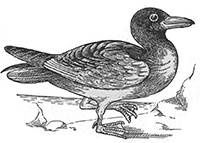Fry William Henry
1813-1864
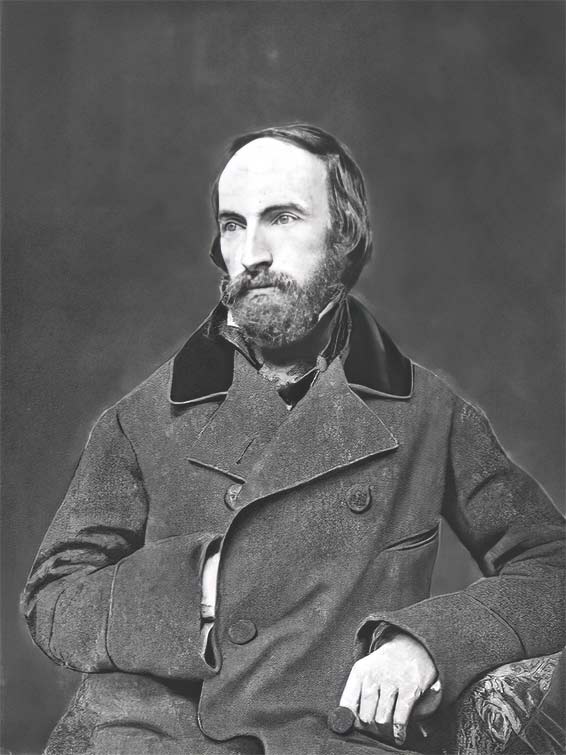
Né à Philadelphie le 19 août 1813, décédé à Santa Cruz ( les vierges ) le 21 décembre 1864.
Son père est l'éditeur du Philadelphia National Gazette. Fry aurait appris à jouer du piano avec son frère aîné. Il commence à étudier l'harmonie et le contrepoint avec Leopold Meignen, un ancien élève du Conservatoire de Paris.
En 1836, il est secrétaire de la Société Philharmonique, créée en 1833.
Il commence sa carrière comme journaliste et écrit des critiques musicales dans les journaux de son père.
En 1838, il travaille à un opéra en trois actes, Aurelia the Vestale, sur un livret de son frère Joseph. Il complète cette œuvre en 1841, mais elle n'a certainement pas été créée.
Son opéra Leonora est créé à Philadelphie en 1845, joué à nouveau en 1846 dans une version révisée. En 1858, une troisième version est substantiellement révisé avec un livret en italien sous le titre de Giulio et Leonora.
1846 à 1852 il est correspondant européen pour le New York Tribune et le Philadelphia Public Ledger. De retour à New York, il y est critique musical, et se fait le champion de la musique américaine.
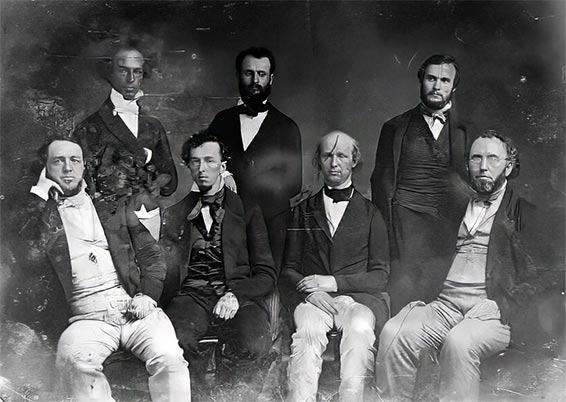 L'équipe éditoriale du New York Tribune : de gauche à droite : George M. Snow (finances), , Bayard Taylor; Charles A. Dana, Horace Greeley, Henry J. Raymond, George Ripley (littérature).
L'équipe éditoriale du New York Tribune : de gauche à droite : George M. Snow (finances), , Bayard Taylor; Charles A. Dana, Horace Greeley, Henry J. Raymond, George Ripley (littérature).
Au cours des années 1852-1853, il donne une série de conférences à New York, dans lesquelles il invite les musiciens à rompre avec la vieille Europe.
à Noël 1853, le Louis Antoine Jullien's orchestra crée son Santa Claus: Christmas Symphony, avec un livret-programme substantiel.
Son dernier opéra, Notre-Dame-de-Paris et créé en 1864 à Philadelphie au profit des blessés de guerre.
Il ne réussit pas à intéresser les Impresario européens, bien qu'il ait traduit une partie de ses livrets d'opéra en italien pour en faciliter la diffusion.
William Henry Fry, Santa Claus, Christmas Symphony (1853), Royal Scottish National Symphony Orchestra, sous la direction de Tony Rowe.William Henry Fry, Niagara Symphony, Royal Scottish National Symphony Orchestra, sous la direction de Tony Rowe.
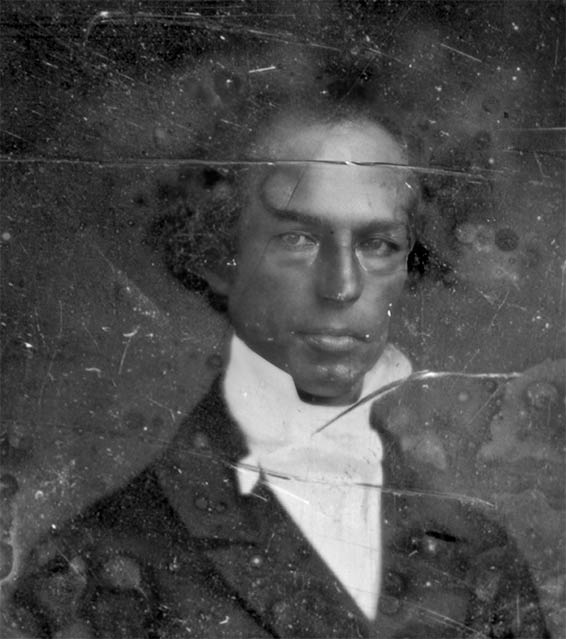
Catalogue des œuvres
1838-1841, Aurelia the Vestal (Cristiani ed i pagani), tragédie lyrique en 3 actes sur un livret de Joseph Fry
1845-1858, Leonora, drame lyrique en 3 actes sur un livret de « The Lady of Lyon », de T. E. G. Bulwer-Lytton, créée à Philadelphie, au Chestnut Street Theatre, le 4 juin 1845 ; révisé comme « Giulio e Leonora » en 4 actes, créés à New York à l'Academy of Music, le 29 mars 1858.
18525, The Breaking Heart,symphonie, perdue
1853 (vers 1853), A Day in the Country,symphonie, perdu
1853, Santa Claus : Christmassymphonie, créé à New York, le 24 décembre 1853
1853, Metropolitan Hall March, pour fanfare
1854, Childe Harold,symphonie, créé à New York, le 31 mai1854, perdu.
1854, Niagara,symphonie, créé à New York, le 15 juin.
1854, Hagar in the Wilderness, symphonie n° 3, « sacrée »
1854, Ode, sur un poème de (R. R. Wallace , créée à New York, Crystal Palace, le 4 mai 1854
1855, Stabat mater, or The Crucifixion of Christ, oratorio pour 4 solistes et orchsestre, créé à Boston en 1855
1857, The World's Own, ouverture pour orchestre, perdu
1860 (vers 1860), Evangeline, ouverture pour orchestre.
1862, Macbeth, ouverture pour orchestre et chœur
1864, Messe en mi majeur.
1864, Notre Dame of Paris (Esmeralda ; Nostra-Donna di Parigi), Drame lyrique en 4 actes, d'après Victor Hugo, créé à Philadelphie, à l' American Academy of Music, la 4 mai 1864
s.d., 4 œuvres chorales inachevées.
s.d., 7 quatuors à cordes dont le n° 10 en do mineur ; le n° 11, en la mineur)
s.d., Sextettes, trio avec piano, inachevés
s.d., The Dying Soldier, symphonie dramatique
Bibliographie
Chmaj B. F., Fry versus Dwight : American Music's Debate over Nationality. Dans « American Music » (iii/1) 1985, p. 63-84
Cole Fannie L. Gwinner, William Henry Fry. Dans « Dictionary of American Biography » American Council of Learned Societies, 1928-1936 ; reproduit dans « Biography Resource Center », Thomson Gale, Farmington Hills (Mich), 2006
Dwight J. S., Mr Fry and his Critics. Dans « Dwight's Journal of Music » (iv) 1853-1854, p. 140-42
Fry William Henry, Prefatory Remarks, Leonora. Philadelphia, 1846 ; dans Upton W. T., « William Henry Fry, American Journalist and Composer-Critic ». New York 1954 ; dans G. Chase, « The American Composer Speaks », Baton Rouge (LA) 1966, p. 46-52
Kauffman B. F., The Choral Works of William Henry Fry (thèse). University of Illinois 1975.
Lowens I., William Henry Fry: American Nationalist. Dans « Music and Musicians in Early America », New York, 1964, p. 212-22
Upton William Treat (1870-1961), The musical works of William Henry Fry in the collections of the Library Company of Philadelphia. Philadelphia, Free Library of Philadelphia, 1946
—, William Henry Fry, American journalist and composer-critic. New York, Crowell, l954 ; New York, Da Capo Press, 1954 ; 1974
Document
Appletons' Cyclopædia of American Biography
FRY, William Henry, musician, b. in Philadelphia, Pa., 10 Aug., 1815; d. in Santa Cruz, West Indies, 21 Dec., 1864.
He was educated in the schools of his native place and at Emmettsburg, Md. In 1839 he became editorially connected with his father's newspaper, the Philadelphia "Gazette." Soon afterward, in 1835, he went through a course of musical study and wrote four orchestral overtures, which were publicly performed.
While he was partly occupied as a writer for several newspapers, and as correspondent for eastern journals, he produced in 1845 an English opera, entitled "Leonora." This was given in Philadelphia, and later in New York city, and much discussed.
The general public commended the composer for his ambition and energy, but musical people were chary of approbation and withheld their patronage.
In 1846 Fry went to Europe for study and observation, being engaged as a regular correspondent of the New York “Tribune” and other newspapers. He remained abroad six years, and on his return to New York city, in 1852, became musical editor of the "Tribune." Soon afterward he wrote the music to an ode for the opening of the New York industrial exhibition of 1853, and delivered a course of ten lectures on the history of music, with illustrations on a gigantic scale, which were pecuniarily unsuccessful.
On this occasion Fry brought forward two of his own symphonies, "The Breaking Heart" and “A Day in the Country".
In 1854 and 1855 were also written other symphonies, a "Stabat Mater," and "Eleven Violin Quartets."
In 1858 the Italian opera company in New York city unsuccessfully produced a reconstructed Italian version of his "eonora." Another opera, "Notre Dame," brought out in 1864, won no attention.
Fry was an occasional political speaker, a lecturer on topics of the day, and altogether an accomplished man. For several years he suffered from lingering consumption and unsuccessfully sought relief in a milder climate. When he was lying bedridden in a house near the New York Academy of Music he asked permission to have a "lover's telephone" placed so that he could hear something of the music.
During the last two years of his life he was accustomed to sit propped up in bed while opera was going on at the Academy, his telephone in one hand and the libretto of the opera in the other.
At the foot of the bed, standing against the foot-board, were the photographs of the chief singers engaged in the performance. He was one who thoroughly believed in himself, but he had not the divine faculty in music; his compositions neither charmed the many nor satisfied the demands of a just criticism. As a musical reviewer he was a determined, honest partisan, an acute analyst, and trenchant writer. He held the theory that all true melody was evolved only in the minds of Italians, that the voice should always be paramount in operatic representations, and the orchestra serve as an accompaniment to the singers.
These convictions, ably presented and partly justified, were caused by the reaction against the poverty of melodic invention and overloaded orchestral devices of Halevy, Meyerbeer, Spohr, and Spontini. Fry published a volume entitled "Artificial Fish Breeding" (New York, 1854). — His brother, Joseph Reese, banker, d. in Philadelphia, Pa., in June, 1865, wrote the words of his brother's opera, "Leonora," and translated others. He was largely instrumental in organizing the Union League brigade of Philadelphia during the civil war. Jointly with Robert T. Conrad he wrote a "Life of Zachary Taylor" (Philadelphia, 1848).
Jean-Marc Warszawski
musicologie.org
2002
Révision 12 mai 2010.
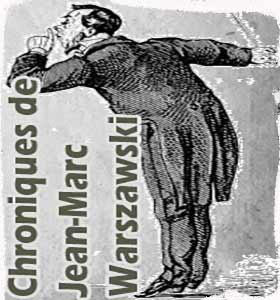
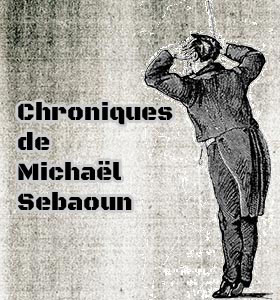
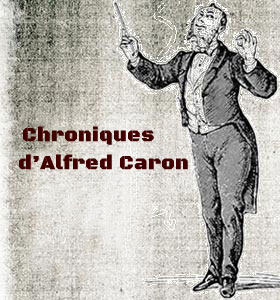
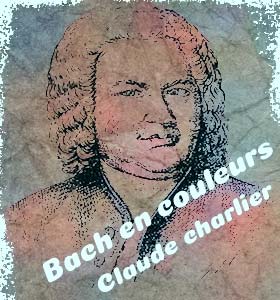
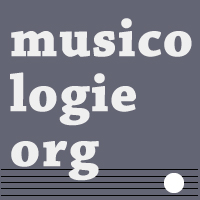 À propos - contact |
S'abonner au bulletin
| Biographies de musiciens | Encyclopédie musicale | Articles et études | La petite bibliothèque | Analyses musicales | Nouveaux livres | Nouveaux disques | Agenda | Petites annonces | Téléchargements | Presse internationale | Colloques & conférences | Collaborations éditoriales | Soutenir musicologie.org.
À propos - contact |
S'abonner au bulletin
| Biographies de musiciens | Encyclopédie musicale | Articles et études | La petite bibliothèque | Analyses musicales | Nouveaux livres | Nouveaux disques | Agenda | Petites annonces | Téléchargements | Presse internationale | Colloques & conférences | Collaborations éditoriales | Soutenir musicologie.org.
Musicologie.org,56 rue de la Fédération, 93100 Montreuil. ☎ 06 06 61 73 41.
ISSN 2269-9910.
Jeudi 5 Février, 2026
